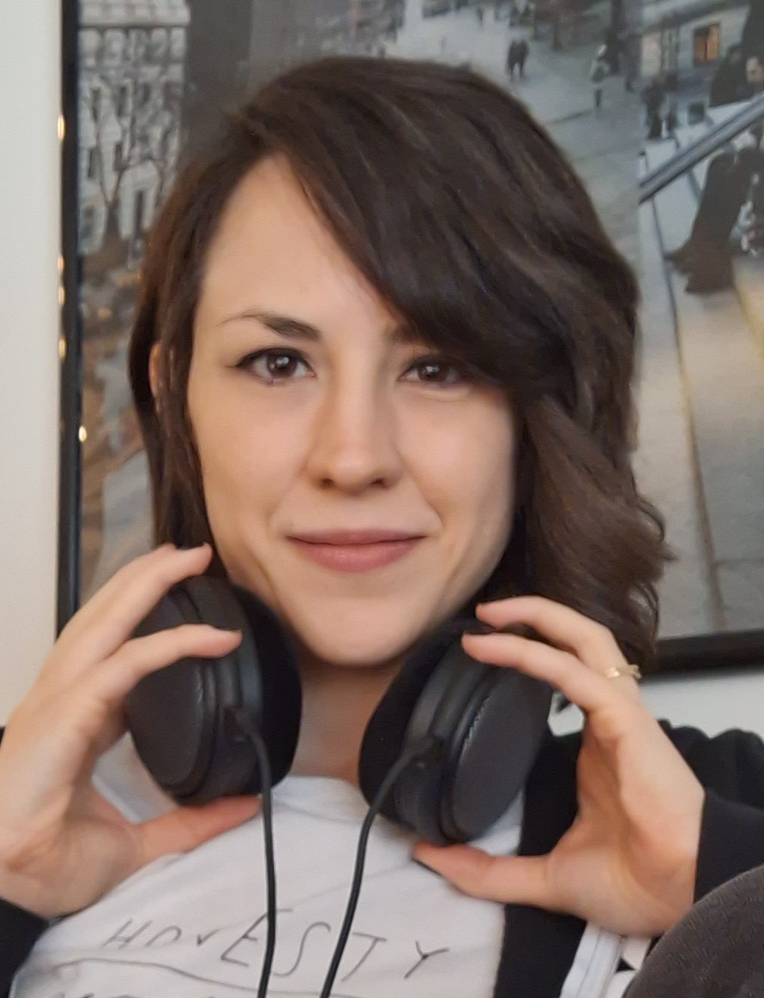Am I writing a crime story, a thriller, or a mystery?!
- Rachel Arsenault

- Sep 30, 2025
- 3 min read
Delineating between four very different, but oft-lumped together categories.
The terms crime story, thriller, suspense, and mystery all live together in the Amazon marketplace and the Barnes and Noble bookshelf. They are also often used interchangeably, yet the stories that populate them can be wildly different. More than once, I’ve picked up a story expecting a juicy whodunnit, and gotten something that feels more like an action story that just so happens to involve crime. The worst part is that even if the story is well-plotted and the characters are great, I’m disappointed. And this is why knowing and setting appropriate reader expectations is essential.
Now, quick caveat: you might not know this during your first draft! But as your story begins to take shape through the second and third drafts, you want to make sure you know the answer to this question. The main distinction you’re looking for is:
Should my reader be able to guess who the killer is at the end of the story, or is it more about the chase, and the killer is someone we haven’t met before?
Think about the contrast between a book like Silence of the Lambs by Thomas Harris and a book like Gillian Flynn’s Sharp Objects. In Thomas Harris’ book, though it centers on serial killings (and therefore is a story about crime), the killer is not a character that Clarice has met before on stage. She doesn’t encounter him until the final confrontation at the end. There isn’t a big twist at the end where it’s someone who’s been on stage all along behind the crimes; instead, the thrill comes from chasing the killer and wondering whether Clarice Starling is going to find the next victim in time. I would designate Silence of the Lambs as a thriller.
Sharp Objects, on the other hand, details Camille’s investigation into a set of characters that we have seen and met on stage, and in the end, we find out who was responsible for the murders. As we’re following along with the clues, we can attempt to guess at the real identity of the killer, and Gillian Flynn plays fair with us by leaving us hints and clues that all come together in the end. I would use the term “crime story” for Sharp Objects for this reason.
Sharp Objects could also technically be classified as a mystery for this reason, however, I find that that term is more often used for classic murder mystery-style stories, like Agatha Christie and Sulari Genteel. I would further distinguish this from a story that “has a mystery,” which implies that there are mysterious elements to the story, but the story is not itself a mystery (stories like Harry Potter and the Chamber of Secrets and Mistborn are stories that “have a mystery,” but are not themselves necessarily a mystery).
Lastly, I would place suspense closer to thriller, except it’s the protagonist who is on the run from the killer or criminal. Most of the time, we know who the criminal is, possibly even early on in the story, and the protagonist is trying to expose their crimes, gather evidence, escape, or some combination of the three. It has the cat-and-mouse feel of the Thriller, but with the roles reversed. I think Daphne du Maurier’s Rebecca could fall under the category of an early suspense novel.
Now, just a note, these are my own designations. Crime, thriller, suspense, and mystery are generally all lumped together, and everyone uses the terms differently, which is partly why it’s so confusing. But I think it’s important to draw distinctions between them because even though your audience may not be able to explicitly articulate the difference, they will know whether or not their expectations feel disappointed by the story. If they show up to the story thinking they’ll be able to guess the killer at the end, and it’s someone they never met, it will feel like the author cheated, even if that was never the author’s intent, it’s simply a mismatch of expectations.
Knowing what effect you’re trying to create will help you to craft your story more intentionally, and market it better as well. If you’re carving out a space for yourself in indie publishing, it can help you write your blurbs and curate your content for your audience so that the right people find your book. If you’re pitching to a traditional publisher or an agent, it can guide the comps you choose so that you can clearly articulate what kind of book you’ve written and how to position it in the market.
Your readers may not know to thank you for it, but they will come back to you as an author they can trust, and that’s even better.


